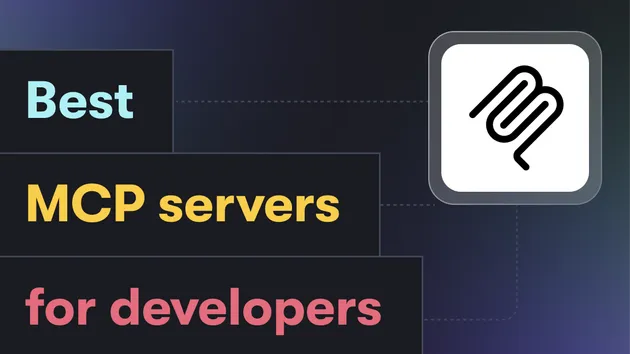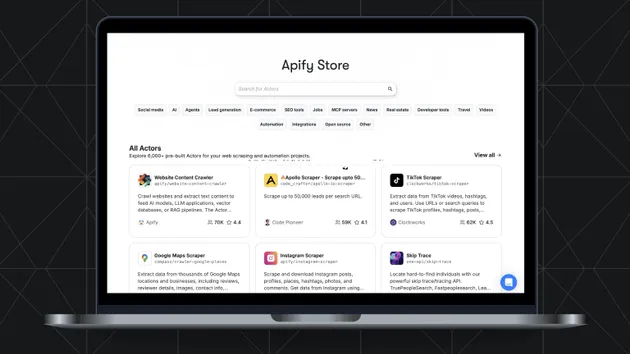Gitmcp Universal Repository Processor
Pricing
Pay per event
Gitmcp Universal Repository Processor
Turn any public or private GitHub repository into a ready-to-use knowledge pack you can hand to your favorite AI assistant in minutes.
Pricing
Pay per event
Rating
0.0
(0)
Developer

TheGuide
Actor stats
0
Bookmarked
1
Total users
1
Monthly active users
4 months ago
Last modified
Categories
Share
Create a complete MCP-ready snapshot of any Git repository in one run. The actor clones the repository, filters content by scope (code, docs, issues, git history), and packages everything for downstream AI tooling.
What you get after each run
- Repository bundle — A ZIP archive stored as
REPOSITORY_ZIPin the key-value store. - Manifest —
MANIFEST.jsonsummarising repository metadata, processed files, issues, and MCP integration hints. - Dataset records — Structured entries for each processed file and issue to drive analytics or custom exports.
- Optional git history — Latest commits when
includeGitHistoryis true.
Input parameters
Configure inputs via the Apify UI or storage/key_value_stores/default/INPUT.json. See .actor/input_schema.json for defaults and accepted values.
repositoryUrl(string, required) — Git repository HTTPS/SSH URL.accessToken(string, optional) — Personal access token for private repositories (use Secret Storage).branch(string, optional) — Branch or tag to checkout after cloning.scopes(array, optional) — Any combination ofcode,docs,issues(default includes all).outputFormats(array, optional) —mcp,json, or both; controls dataset formatting.maxFileSizeMb(number, optional) — Skip files larger than this threshold (default25).includeGitHistory(boolean, optional) — Collect last 100 commits when true.runIdSuffix(string, optional) — Appended to dataset name for grouping runs.
Example input
Output details
- Dataset (
default) — Records tagged astype="code",type="doc", ortype="issue"with fields such aspath,sizeBytes,lines,lang,url(for issues). - Key-value store (
default)REPOSITORY_ZIP— Downloadable ZIP of the processed repository snapshot.MANIFEST.json— JSON manifest containing run metadata, file/issue counts, git history (if requested), and suggested MCP servers.
- Logs — Checkout warnings, GitHub API throttling, and charging information.
Pricing and charging
When pay-per-event billing is active on Apify, the actor charges the repository_processed event after a successful run. Use test mode or local runs to avoid charges while prototyping.
Tips
- Provide an access token with
reposcope for private GitHub repositories. - Limit
scopesto speed up runs (e.g.['docs']for documentation-only dumps). - Use
maxFileSizeMbto skip large binaries the MCP server does not need.
Running locally
Place INPUT.json under storage/key_value_stores/default/ and ensure Git and network access are available inside the Docker image or local environment.




